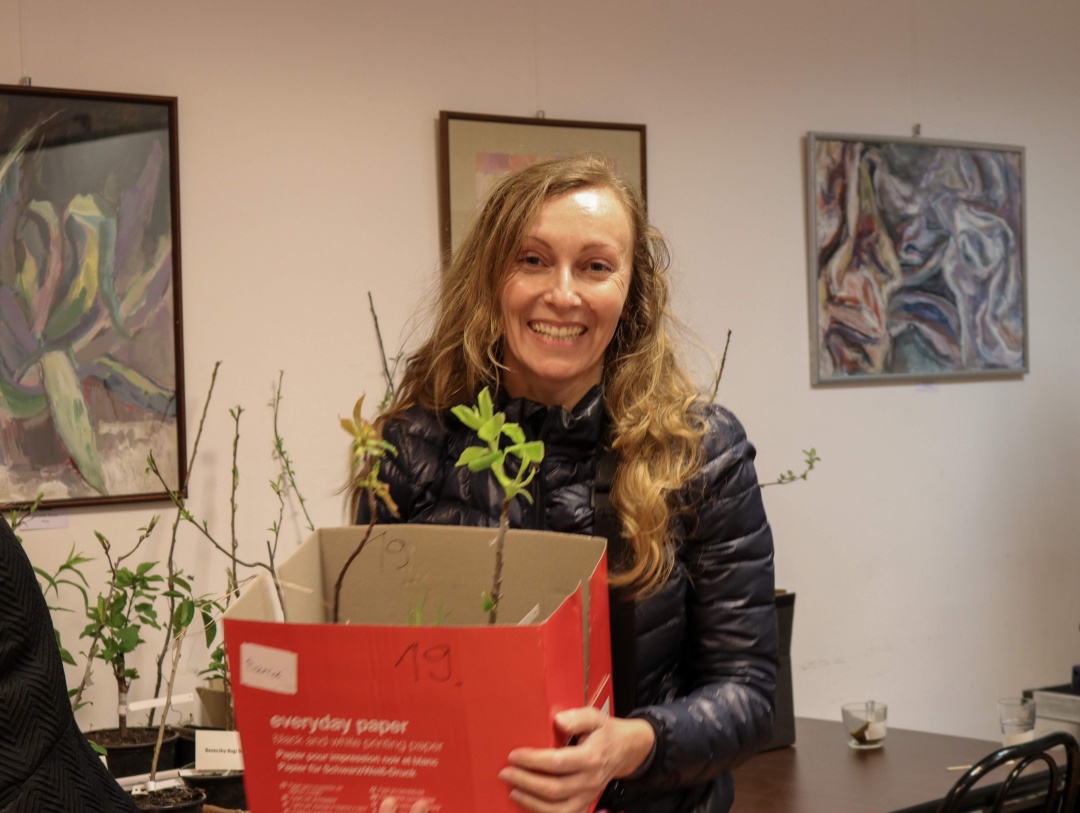
The ENERGISE consortium is well aware of the fact that all our activities within the project have certain environmental burdens on our planet (CO2 emission, waste, energy use, etc. due to our project meetings, workshops, conferences, Living Labs, ordinary work in the office). That is why we are trying to reduce these burdens and if possible compensate them by the aid of calculating the events' carbon footprint.
On the one hand, GreenDependent Institute calculated the travel-related carbon footprint of each ENERGISE face-to-face project meeting. On the other hand, we calculated the overall carbon footprint of the meeting at Budapest, held between 30th January - 1st February 2019. The calculation included the carbon footprint of travel (by air, train, public transport, car etc.), local energy use (laptops, projectors, lamps, coffee machine etc.), food and beverage (including the packaging and washing-up), papers printed and brochures, as well as working hours spent for organising the meeting.
Total carbon footprint of the Budapest ENERGISE meeting was 9,577 tons CO2, which could be offset by planting 55 trees (that offset the carbon footprint within 25 years).
Furthermore, it was a Hungarian peculiarity that GreenDependent decided to offset the ELL events (focus groups and the final event) as well. Carbon footprint of the focus groups and final event was 17,58 tons CO2, which could be offset by planting 101 trees.
Therefore, ELL participants received 156 native fruit trees (apple, pear, plum, peach etc.) to offset the carbon footprint of the Budapest meeting and the Hungarian ELL events. In addition to giving tasteful fruits to the families, these trees will also contribute to the conservation of the biodiversity.
If you wish to learn more about the efforts ENERGISE members have made to walk the talk, please visit: http://www.energise-project.eu/walking-the-talk